 A Council grant will help towards the purchase of a battery-electric ferry for trips across Lyttelton Harbour.
A Council grant will help towards the purchase of a battery-electric ferry for trips across Lyttelton Harbour.
Black Cat Cruises, which has been operating the Diamond Harbour Ferry service since 2000, is investigating buying a battery electric vessel to replace their current Black Diamond ferry, which is 18 years old.
A $45,000 grant through the Council’s Innovation and Sustainable Development Fund, along with a $200,000 Energy Efficiency Conservation Authority grant, will help towards the cost of buying the electric ferry.
Early investigations suggest using two 250 kW electric motors would reduce greenhouse emissions from the ferry by about 344 tonnes per year.
A detailed feasibility study is planned for completion by 2020 and if everything goes to plan, a full battery electric ferry could be sailing between Lyttelton and Diamond Harbour early in 2021.
This project aligns with the Council's goals of reducing greenhouse gas emissions and air pollution from Christchurch's transport. It is also an example of how Christchurch organisations are working together on practical ways to reduce these emissions.

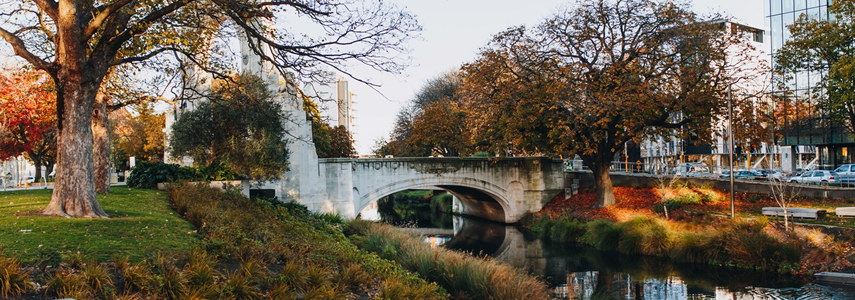
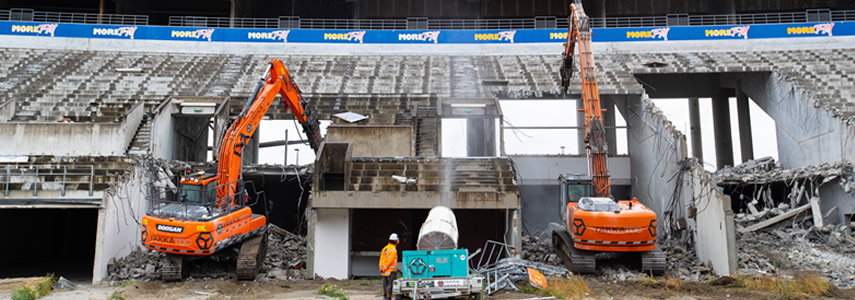 The Council is aiming to recycle or salvage as much of earthquake-damaged Lancaster Park stadium as possible during its deconstruction.
The Council is aiming to recycle or salvage as much of earthquake-damaged Lancaster Park stadium as possible during its deconstruction.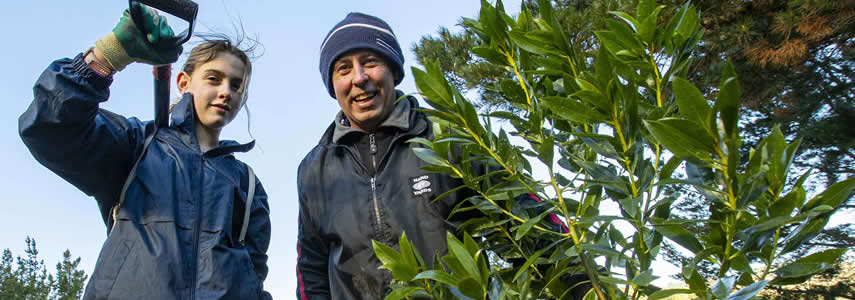

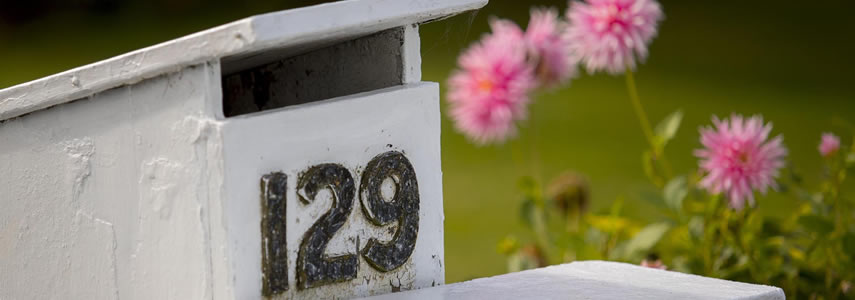
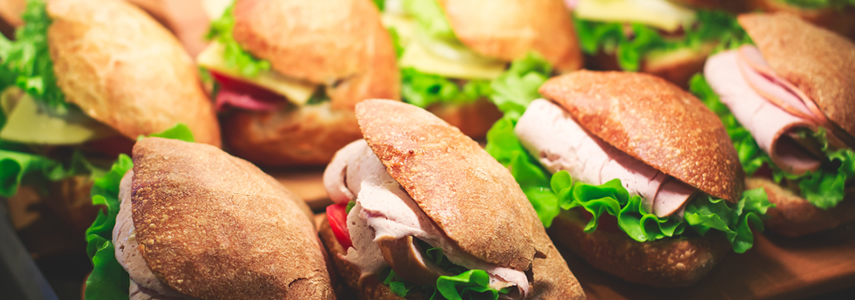
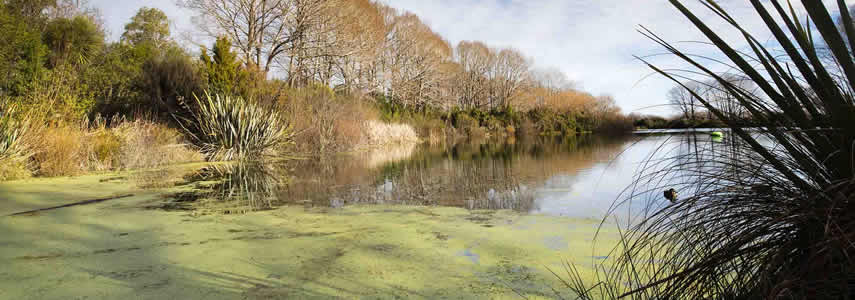
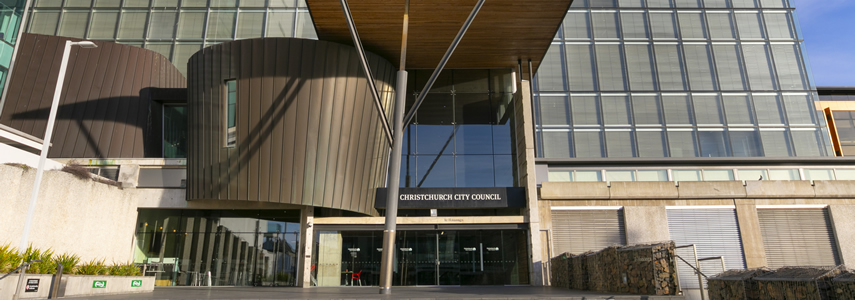
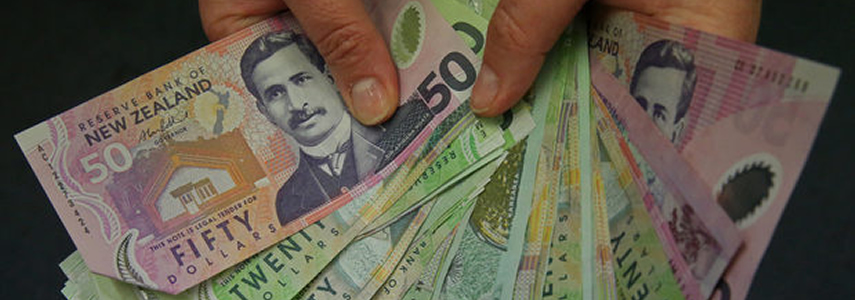 Most Christchurch City Council staff are being paid a rate aligned with the Living Wage, and all Council employees will receive this as a minimum by mid-2020.
Most Christchurch City Council staff are being paid a rate aligned with the Living Wage, and all Council employees will receive this as a minimum by mid-2020.